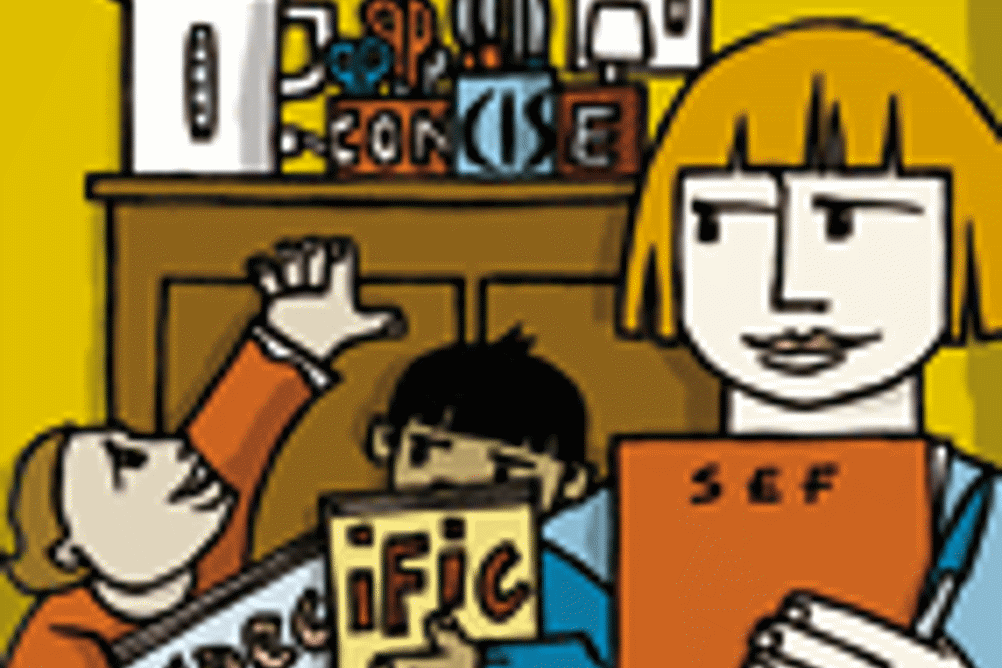
Once you have gathered all your evidence from stakeholders, it is time to begin to evaluate and complete the Self-Evaluation Form (SEF).
The mistake we often make is to describe our evidence rather than evaluate. The aim of the SEF is to note how the setting has impacted on children's learning and development. For example, if you have purchased a new climbing frame as part of your capital funding and you state, 'We have a £1,000 all-singing-and-dancing outdoor climbing frame', this is a simple description. This could be classed under 'so what'! We need to evaluate how the climbing frame has impacted on children's learning and development - for example, using statements such as, 'This equipment enhances children's physical skills and gives children the opportunity to be in the outdoor area, and children are able to negotiate taking turns, which helps them with their social skills'.
Register now to continue reading
Thank you for visiting Nursery World and making use of our archive of more than 35,000 expert features, subject guides, case studies and policy updates. Why not register today and enjoy the following great benefits:
What's included
-
Free access to 4 subscriber-only articles per month
-
Unlimited access to news and opinion
-
Email newsletter providing activity ideas, best practice and breaking news
Already have an account? Sign in here
